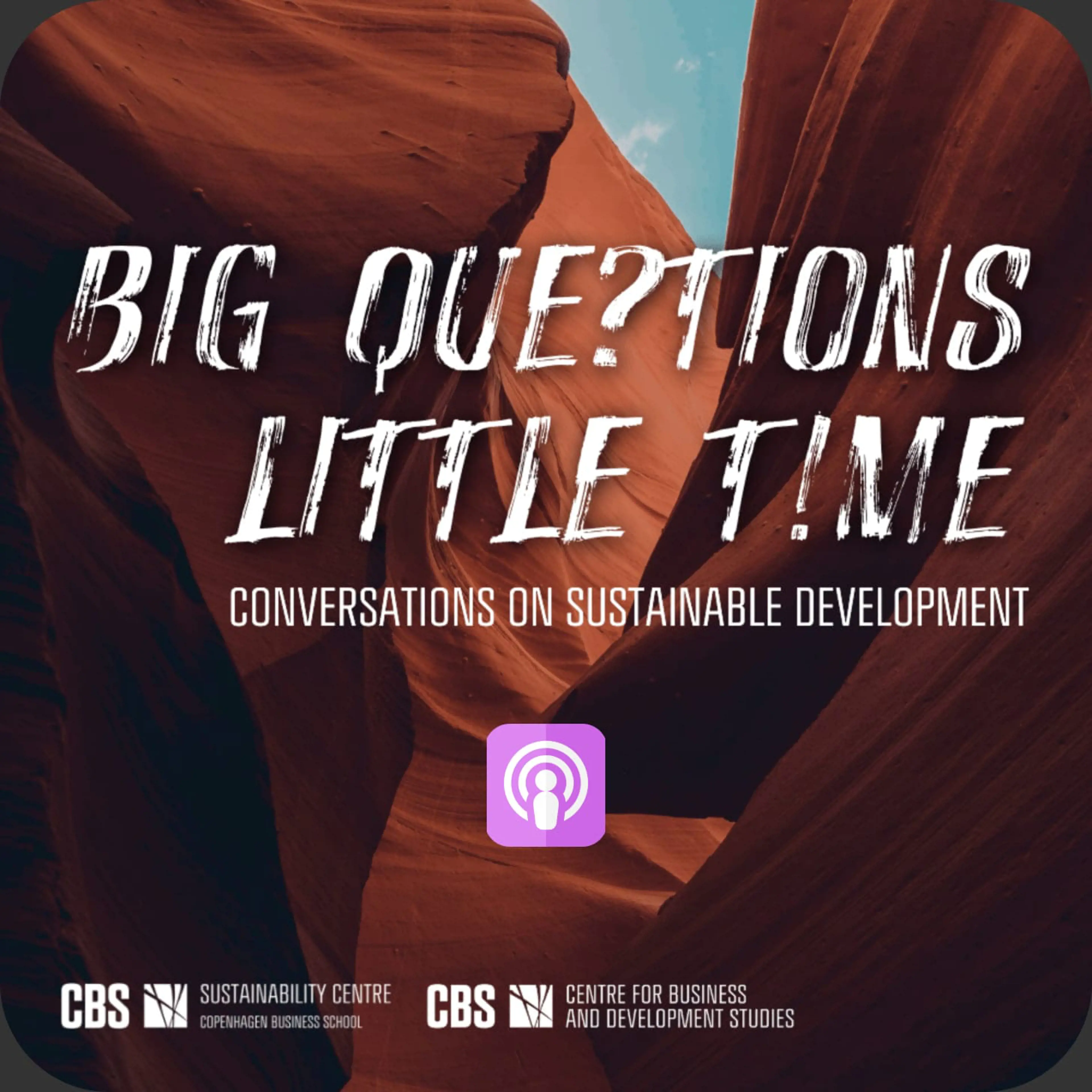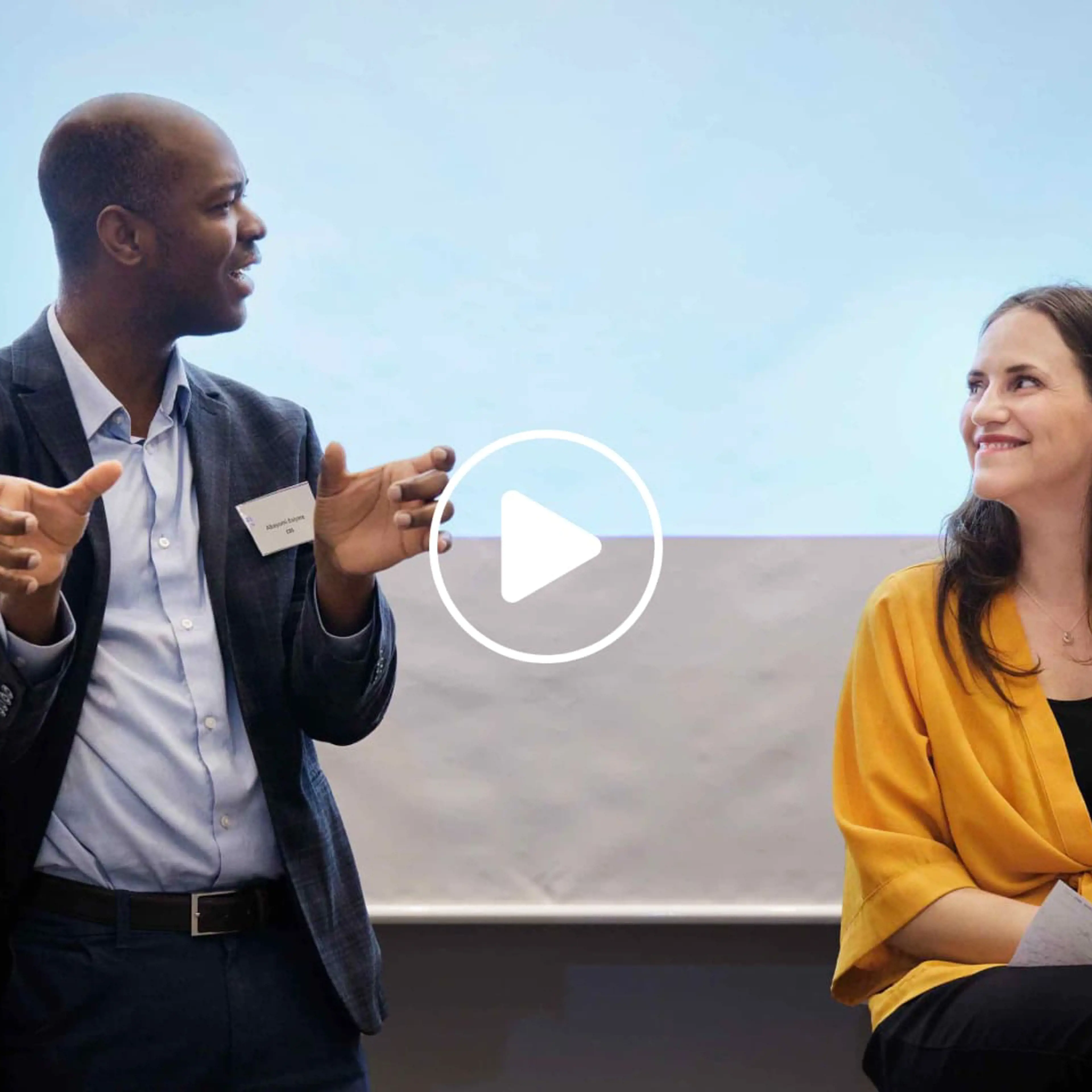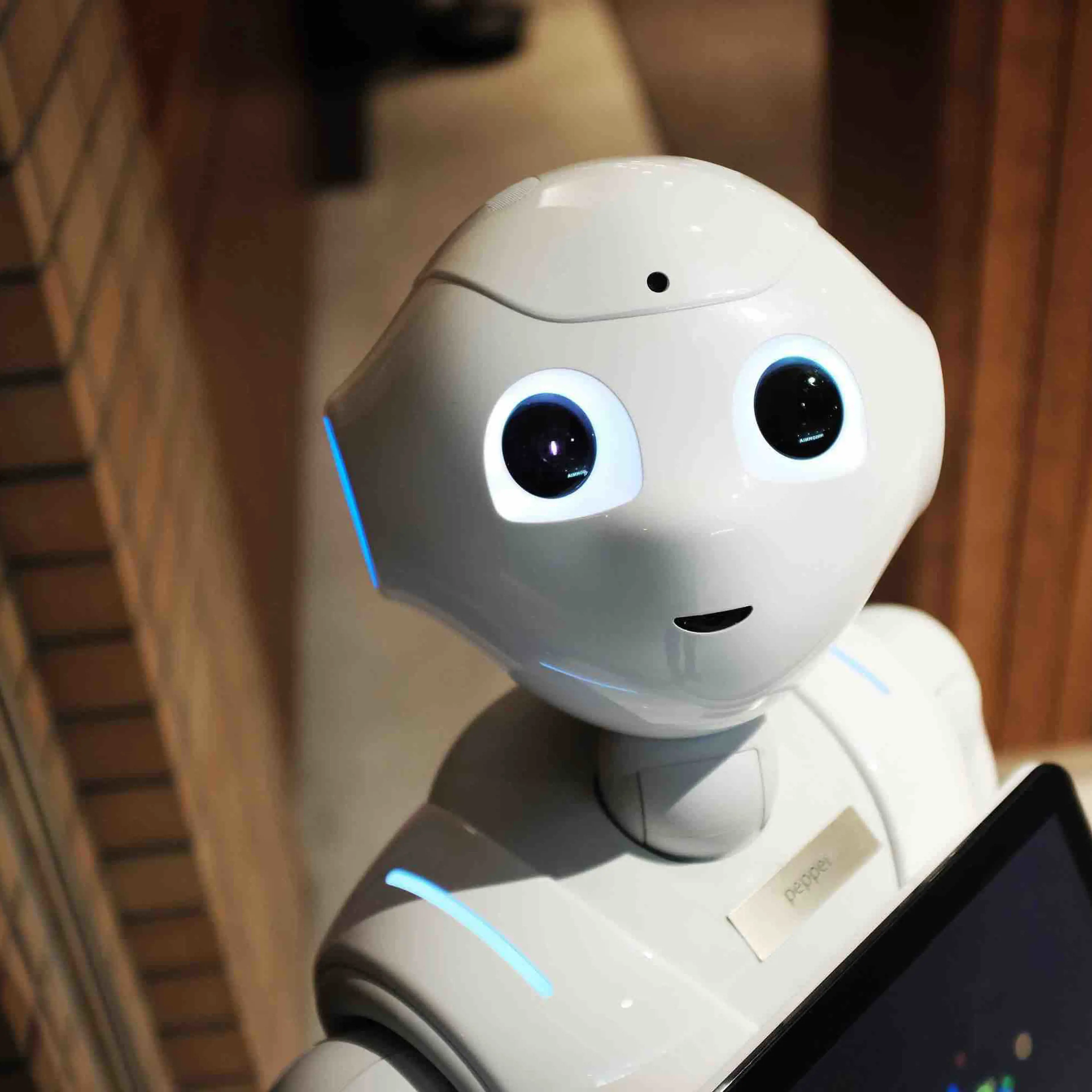Just one year ago, many people used the internet in a different way than they do today.
If someone asked you at a dinner party where Napoleon Bonaparte grew up, you would probably google it on your phone, end up on Wikipedia and say “Corsica.”
But now, you might be just as likely to ask ChatGPT.
Here, it tells you the exact bit of information that you need. Napoleon was born in Corsica and moved to mainland France when he was nine years old.
You do not have to skim through a lot of text, and if you want to know exactly where he moved, you can just ask a follow-up question.
But there is a catch, which we will get back to later in this article.
A LOT HAS HAPPENED IN A YEAR
On New Year’s Eve 2022, a lot of people might have already sensed that we were moving into a new era of artificial intelligence. However, as they stood and watched the fireworks they may not have foreseen just how fast things would go.
Once the fuse was lit for ChatGPT, it blew up.
Since its launch in December 2022, ChatGPT has quite literally changed the way millions of people use the internet.
ChatGPT is the quickest growing consumer app of all time. In less than two months it had more than 100 million monthly users.
In comparison, it took TikTok nine months to achieve the same user base, and roughly two and a half years for Instagram.
“It is very impressive. And it is easy to see why. ChatGPT has a nice interface and can do amazing things. It can give answers to pretty much every single question you can think of. It is a massive step up from the information processing from the search engines we are used to. And perhaps most interestingly, it seems humanlike,” says Daniel Hardt, Associate Professor of Computational Linguistics at the Department of Management, Society and Communication at Copenhagen Business School.
THE CATCH
And now back to the catch. And back to the dinner party.
You have confidently told everyone at the party that Napoleon Bonaparte lived in Corsica until he was nine years old.
But a skeptical know-it-all with a silk tie and a top hat, maybe even a monocle, suddenly looks at you.
“How do you know he moved when he was nine years old?” he asks.
“I read it on ChatGPT,” you reply.
“And where did ChatGPT get the answer from?” he asks again.
The other guests are looking at you now. And you realise that you do not know. The answer seems right, but you have no way to verify it.
When you are on Google, you know that Wikipedia pages are written and moderated by voluntary people. This already prepares you to be slightly skeptical of the information.
But the Wikipedia page also tells you that the information surrounding Napoleon’s birth and childhood is cited from two different books. It also gives you the titles of these books and links, so you can go check it out for yourself.
ChatGPT tells you nothing about the source of information.
“I think this is a big problem. And it is actually not only the user, who will be unable to verify ChatGPT’s source of information. Scientists like myself or even the programmers behind ChatGPT cannot do this either,” says Daniel Hardt.
And the reason is not just that ChatGPT has been trained on vast amounts of information. The size of the dataset itself is not the problem.
“But the fact that ChatGPT has been trained over and over to predict this information and to optimise its answers makes ChatGPT change its own algorithm and process so many times that in the end programmers will not be able to know its deductions.”




